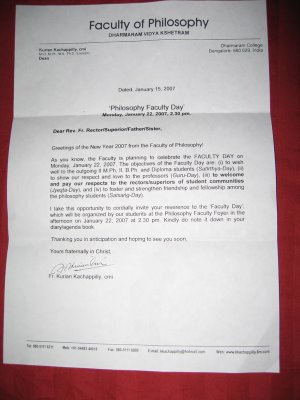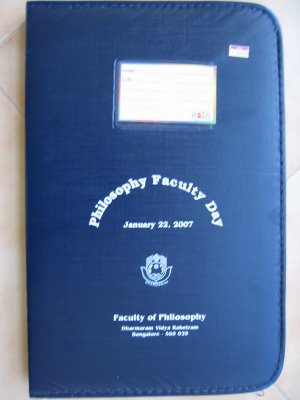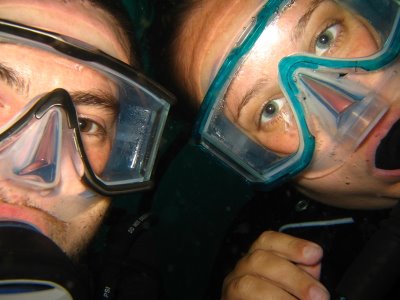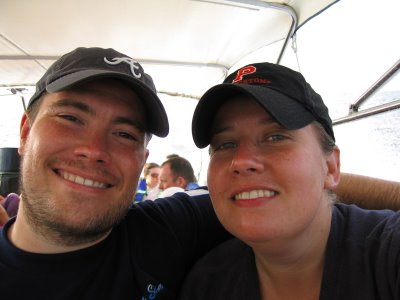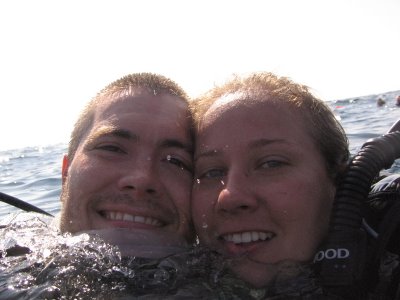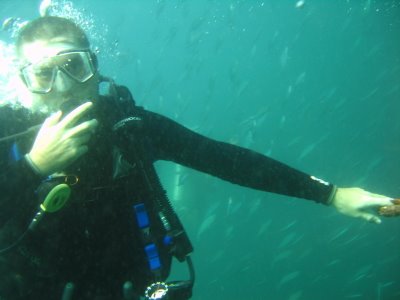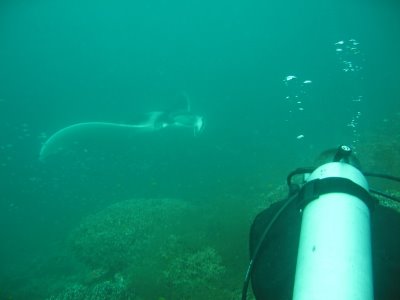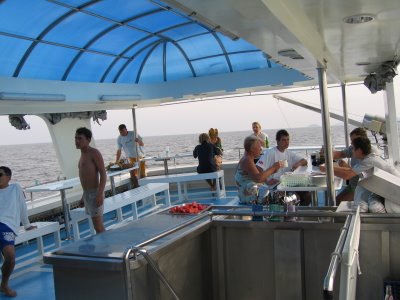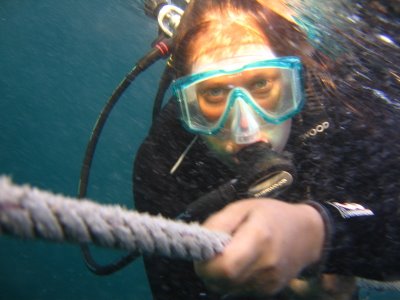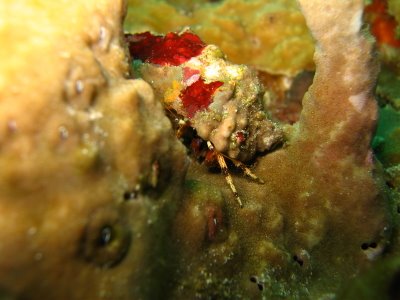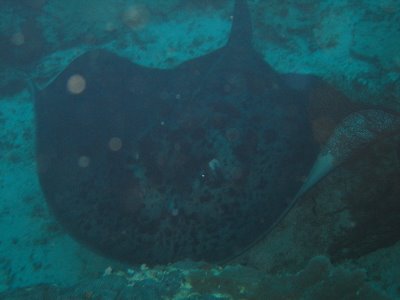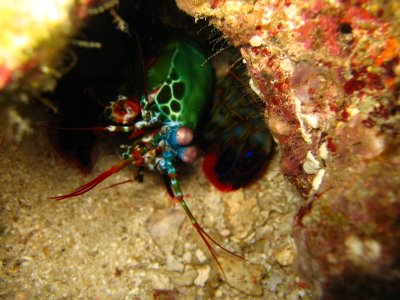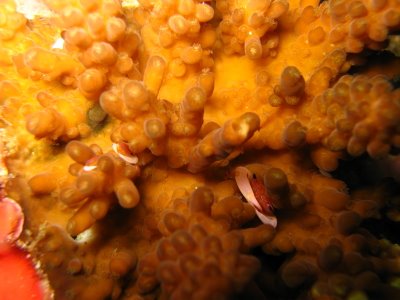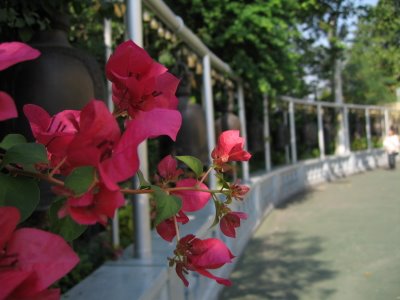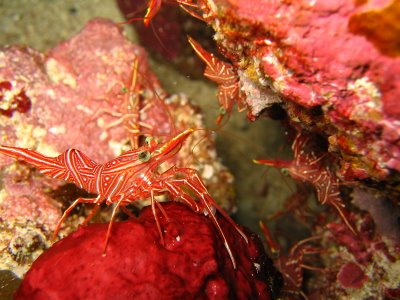Anyone who has made any effort to read and digest philosophy, whether it is the Holy Scriptures, Theology, or any other kind of philosophical thought will agree that philosophy is usually challenging. I have also heard many people (friends, family, fellow students, strangers) argue that philosophy is impractical. They often argue that philosophy and theology are simply academic exercises where scholars gather and argue of things that have no bearing upon daily life. Some even argue that philosophers and theologians should devote their lives to something of greater substance that affects the daily lives of people in need. I want to try, as best as I can in a brief blog entry, to respond to claims such as these.
Science, as it is generally understood, is usually concerned with the questions “how?” or “what?” For example, “What is cancer?” or “How does cancer reproduce?” Both of these questions are steps taken to eventually answer the question, “How can we cure cancer or alleviate the suffering that it causes?” When scientists ask questions such as these, no one inquires as to whether or not these questions are pragmatic because the practical application of these questions are very obvious and there is clearly a great need to answer these questions. Since I lost both grandmothers to cancer and since my niece has been diagnosed with leukemia, the pragmatism of these endeavors is all the more evident.
Philosophy (which includes theology), is nearly always concerned with the questions “Why?” or “what is the meaning of ___?” For example, a theologian may ask, “If God is wholly Good, all powerful, and all knowing, then why does cancer exist? Why do bad things happen to good people? If God is omni-present, then where does evil exist and why?” To some, the answer seems clear. They would say that God gave humans free will and because humans are not perfect, they sometimes choose sin over righteousness. This, however, doesn’t seem to explain cancer. Also, it would lead us to ask, “if heaven exists and if humans have free will in heaven, then is there sin and suffering in heaven? If we say that humans in heaven have free will, but always choose righteousness and never choose sin, then we are back to our first question again – why didn’t God create heaven in the first place – where humans have free will but always choose righteousness?”
Critics might dismiss these questions and say that there is no answer – or at least that we are incapable of understanding the answers. I agree with that. However, just because they are unanswerable does not mean that there are not very practical, pragmatic reasons to try, as best as we are able, to understand these questions better.
The reason, as I see it, is that because we have free will, we have a responsibility to try and choose what is right, as best as we can. We usually make decisions based on what we believe to be true. But belief is all about “why?”. For example, a scientist tries to cure cancer because he/she believes that all humans should have the very best chance to experience the fullness of life with as little suffering as possible. People in our society find it shocking and even upsetting if someone ever asks the question “Why should we cure cancer?”
Many questions are exactly the same as this question, but many people seem to ignore the questions altogether. For example, “why do we live in a world where food is abundant, but 44,000 people every single day die of starvation?” “Why is it that we value the human life of those in our own country more than the lives of humans in other parts of the world?” “Why do many Christians celebrate the sacrifice of Jesus but seem reluctant to honor that sacrifice by sacrificing for the sake of others?”
We don’t ask the question “why should we cure cancer” because we already know the answer – the answer is because all people deserve fullness of life that is as free as possible from suffering. Because we know the answer, we jump straight to science and ask scientists to tell us “what is cancer?” and “How can we cure it?” Philosophers and Theologians want us to approach other questions in a similar fashion. For example, once we answer the question, “why do we live in a world where food is abundant, but 44,000 people every single day die of starvation?” then we SHOULD ask “what is wrong with our system of civilization?” and then ask “How do we find a cure for those problems?”
Allow me to elaborate with a brief example from our history.
There was a time, over four centuries ago, when the question was asked, “Are Native Americans human?” There were philosophers and theologians that argued on both sides of the question. For people of that time, the answer was not self-evident as it may be to us today. There was a legal council where both sides were argued and the King of Spain considered both sides of the question. A man named De las Casas argued that Native Americans were humans and must be treated as humans with the same basic human rights as Spaniards and other Europeans. The king sided with de las Casas and the enslavement of Native Americans came to an end. However, the very same man, de las Casas, and the very same King of Spain decided that Native Africans were not human. That marked the beginning of African slavery in North and South America. The Constitution of the United States declared that slaves were 3/5 human and 2/5 non-human. A philosopher by the name of Benjamin Franklin objected. He voted against the Constitution and refused to be considered as a candidate for President. He spent the rest of his life fighting for the abolition of slavery on the grounds that Africans were human and deserved the same basic human rights as non-African humans.
I hope that this history is not unfamiliar to people, particularly North and South Americans. However, I mention it here because I think it is an important demonstration of the practical use of philosophy. Philosophy and Theology are primarily concerned with questions like “What is a human person?” or “Why is one living thing called ‘human’ and another thing ‘non-human’?” Also, “Why do we hold some people to be more valuable than others? Should this be so? Why don’t we change this?”
Elizabeth, Ali, and I had a powerful and upsetting experience yesterday. We arrived in Pondicherry at the Sri Aurobindo Ashram. I will leave her to blog about that experience, but my blog is, in large part, a reaction to those experiences. Basically, Aurobindo was an Oxford-educated philosopher of the 20th Century who argued that each and every individual person is as valuable as any group of persons. To him, institutions, governments, and even religious groups often overlook that each person is unique and that diversity is every bit a part of our unity as our similarities. While we should always strive to work together to make the world a better place, where all people can experience the fullness of life free from as much suffering as possible, we must never forsake the fact that we have been Created by God as individual persons who are unique and valuable. For Aurobindo, it is not because we are the same that we should listen to one another and work together, it is because we are unique and special. There is a Western Philosopher, Wittgenstein, that made a similar statement. He said, “I am not less important than you. I am not more important than you. I am not equally as important as you. I am a unique and special person, and so are you.” Sri Aurobindo said that “our Unity is fulfilled in our diversity.”
Please forgive me for the length of this blog. I have tried to make my argument as brief as possible. As a philosopher and as a theologian, though, I deeply believe that philosophy and theology are very pragmatic/practical endeavors. In my humble opinion, we simply must ask “why do I value this person this way and that person another way? Why do I live my life the way that I do? Why does this person live her/his life the way that they do?” Ultimately, all of these questions are part and parcel of the ultimate philosophical/theological question: “Why am I here? What am I called to do? How should I live my life today, tomorrow, and everyday?” These are unanswerable questions, but this does not mean that we should not live every single day with these questions in mind. If our lives and our choices – our exercise of free-will – are not guided by our best attempts to answer these questions, then what is our life guided by? My philosophy and my theology leads me to the belief that everyday I must humbly bow before God and pray that I might discern my purpose. Every single day, I believe that God answers these questions. Many days, I am too wrapped up in the trivial comings-and-goings of life to recognize God’s answer – but even on those days, I believe that God has provided the answers. The reason I believe this because on those other days – the days that I am open and receptive to God’s discerning call, I am able to receive those answers. It is my belief that God provides these answers every day, regardless of whether or not we ask those questions. But when we prayerfully ask, we are more open and receptive to receive the answers.
Returning to my opening statement, philosophy and theology are challenging. Sometimes, they are challenging because we do not understand the questions. Other times, though, they are challenging because we do know the answers. In light of Easter Sunday, I invite you all to read Mark’s account of the empty tomb in Mark 16:1-8. We are told that Mary, Mary, and Salome “went out and fled from the tomb, for terror and amazement had seized them; and they said nothing to anyone, for they were afraid.” As theologians, we all must ask, why were they afraid? Were they afraid because they did not understand? OR, were they afraid because they did understand? They had been told to go to Galilee. (Mark 16:7) Perhaps they were afraid because they knew that it was their turn (and our turn) to follow in the footsteps of Jesus and sacrifice for the sake of those who could not experience the fullness of life free from as much suffering as possible. Perhaps they remembered what Jesus said in Mark 8:34 “If any want to become my followers, let them deny themselves and take up their cross and follow me.”








